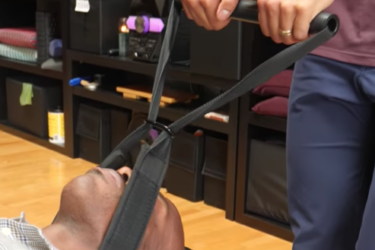
The Guardian and the “Cult” of Online Chiropractic
Over the past few years, a handful of chiropractors have gone viral because of aggressive neck adjustments that make a loud crack and provide a quick thrill for viewers of their YouTube videos. A recent article in The Guardian discussed the phenomenon, but it doesn't go far enough.

Science-Based Satire: How to Win Patients and Influence Parents as an Infant Chiropractor
It's satire Friday folks! Here's some satire.
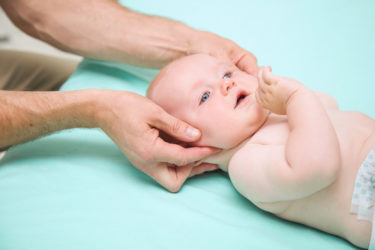
Chiropractic Management of a Newborn with Abnormal Oxygen Levels
A recently published case report documents chiropractic management of a newborn with low oxygen levels and yes, it's as terrible as you imagine.
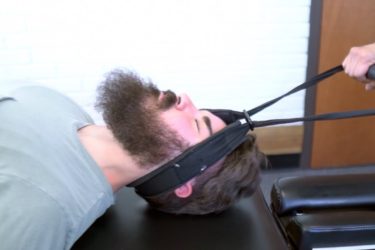
Chiropractic, Chiropractic for Kids, and a Few of My Greatest Hits
A few thoughts on chiropractic and the evolution of my feelings on the subject. Also, a bit of a walk down memory lane with highlights of my most memorable posts on pediatric chiropractic quackery.

Science-Based Satire: More Parents Relying on Fetal Body Language Analysis
Are worried parents-to-be seeking out the services of fetal body language analysis experts? Is body language a scientifically proven window into our secret thoughts and desires? Is this just satire? Obviously it is, because I've got a closed-lip grin on my face and I haven't blinked this entire time.

ZShield: Unproven Protection from SARS-CoV-2 Infection, Especially for Kids
If it seems to good to be true, it probably is. And ZShield face shields being marketed to the general public certainly fits that description, especially when it comes to their use by children.

Did the “Benadryl Challenge” Kill an Oklahoma Teen?
Did a dangerous new TikTok "challenge" result in the death of a 15-year-old teenager from Oklahoma? Probably not, but Benadryl is still a bad drug and parents should discuss the dangers of social media with their young children.
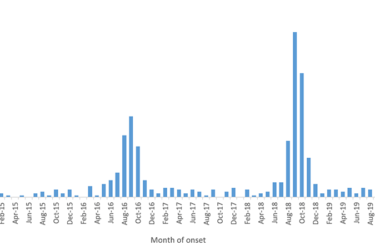
CDC Issues Warning: Be on the Lookout for a Surge in Pediatric Paralysis Cases This Fall
The CDC is warning parents and pediatric medical professionals to be on the lookout for a potentially devastating viral disease this fall. It isn't the novel coronavirus, but the impact of the pandemic might make things worse...or better.
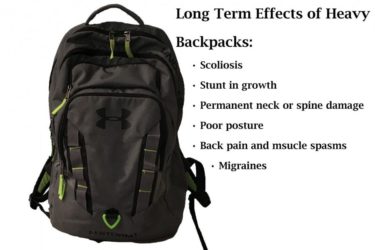
Science-Based Satire: Area Child Killed by Unwieldy Backpack
Was a child recently murdered by a heavy backpack? Do unwieldy backpacks cause scoliosis and long term general health problems? Should we care what chiropractors have to say about pediatric spinal health? No. This isn't remotely true and honestly I'm a little surprised that you would even ask me that. It's satire.


